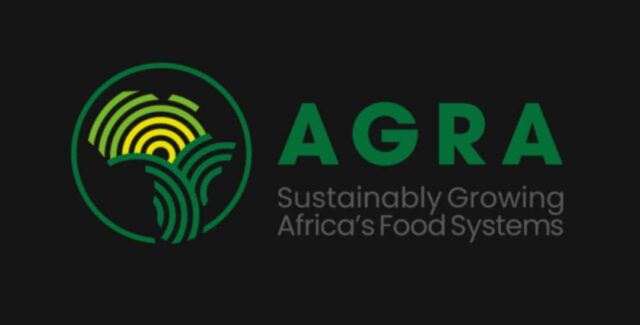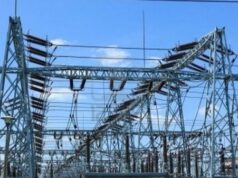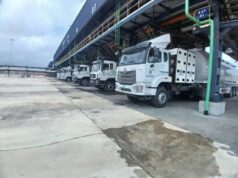Scaling up integrated soil management across Africa demands a fundamental shift in perspective: soil health must be viewed as an economic investment rather than a mere technical concern.
This was the argument put forth by Tilahun Amede, AGRA’s Director for Climate Adaptation, Sustainable Agriculture and Resilience, during a side event at the AFSF 2025.
He articulated the commercial imperative behind the Soil Values Program, insisting that unless soil health interventions directly enhance farmer income, they will remain trapped in small-scale pilot projects.
Amede’s framework for achieving continental scale rests on three interconnected ideas. First, the movement of nutrients and water must be managed across entire landscapes and river basins, requiring integrated approaches that transcend individual farm boundaries.
However, the most critical element, he explained, is making soil practices lucrative. “No soil by itself is not very attractive,” he said, arguing that the solution lies in linking improved soil management practices directly to commodity value chains.
By demonstrating that healthier soil leads to higher yields of marketable crops, the economic rationale for investment becomes clear to the smallholder farmer.
Second, he stressed that reaching millions of farmers requires rebuilding the extension system. This system must be functional and equipped with digital and content tools that simplify complex agronomic information, ensuring that Integrated Soil Fertility Management (ISFM) knowledge is universally accessible and context-specific.
Finally, to convince finance ministries and institutional investors, the development community must generate credible, large-scale evidence. Olure called for showing impact at a “landscape, district, or higher-level area,” moving away from isolated farm plot success stories.
This evidence, combined with financial tools like those offered by the African Fertiliser Finance Mechanism (AFFM), can help de-risk farmer investments, ensuring that the ambitions of the Nairobi Declaration become a profitable reality for the millions of youth and women who depend on the soil.




